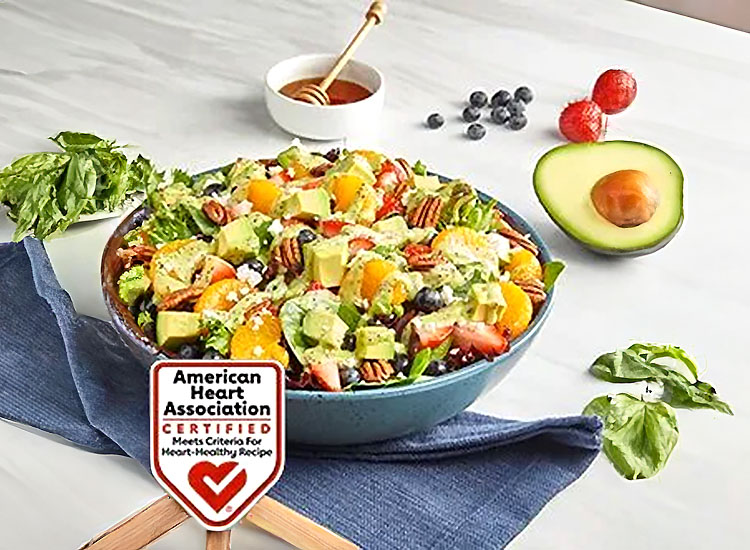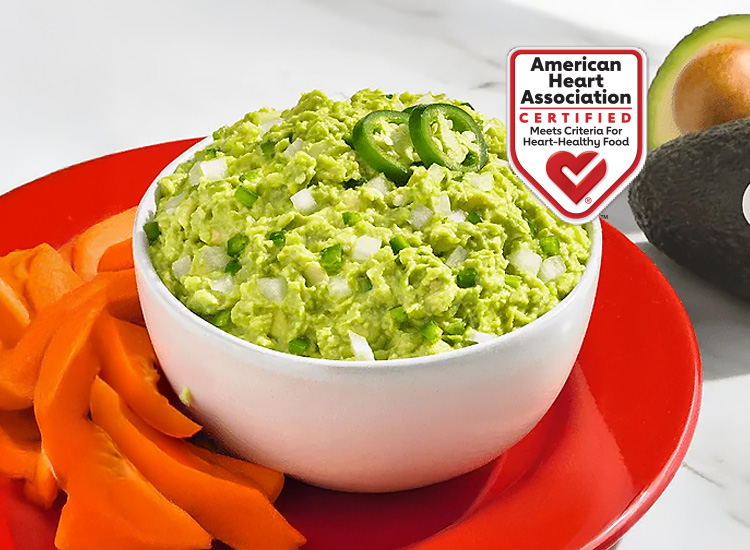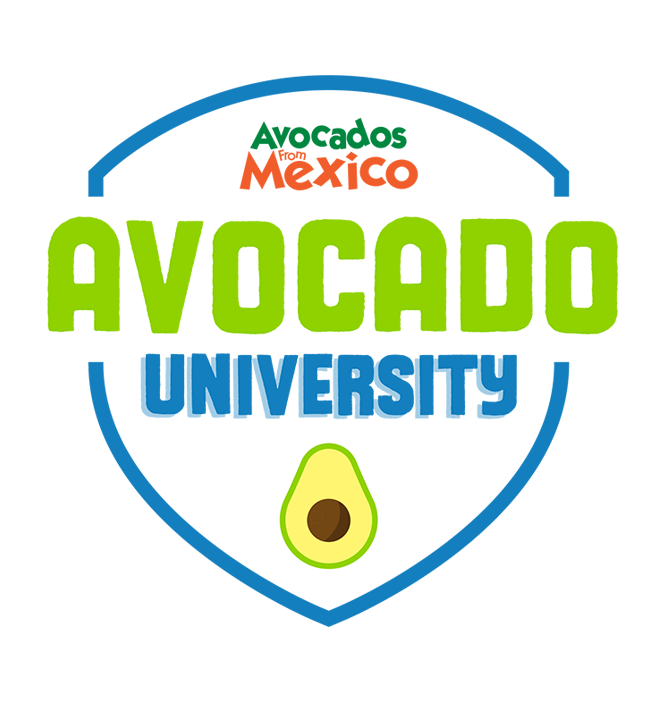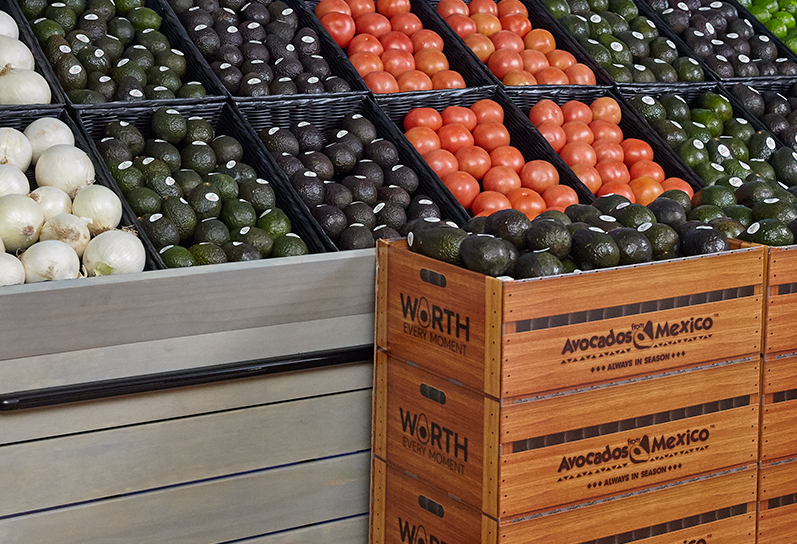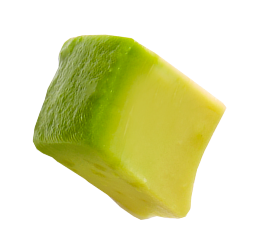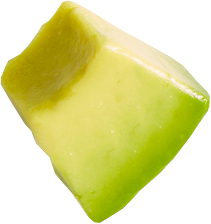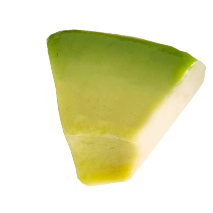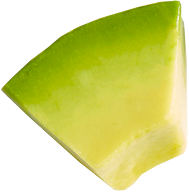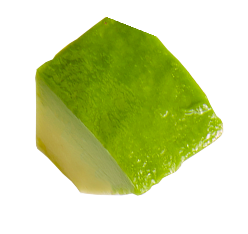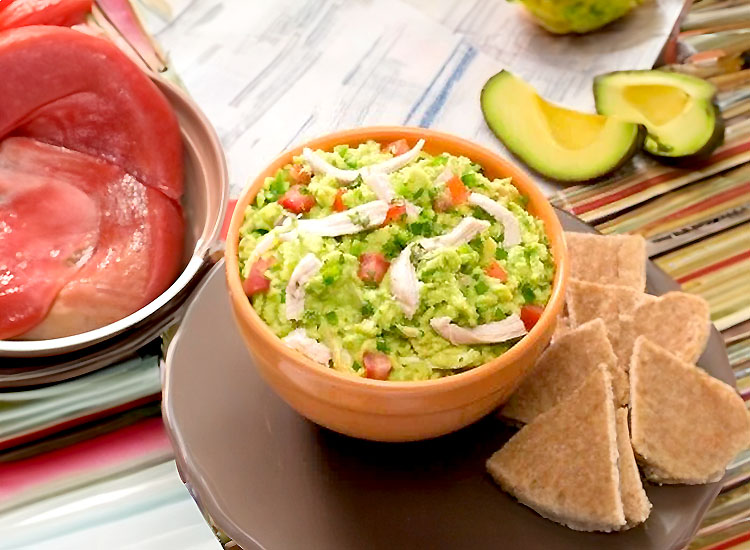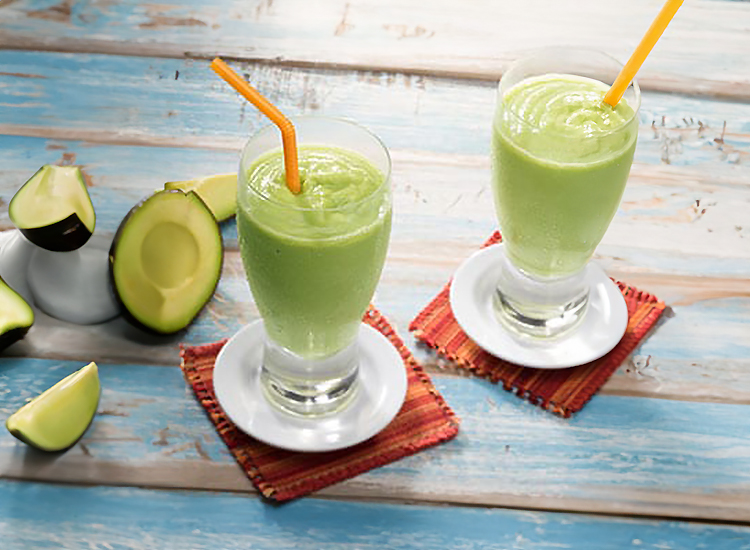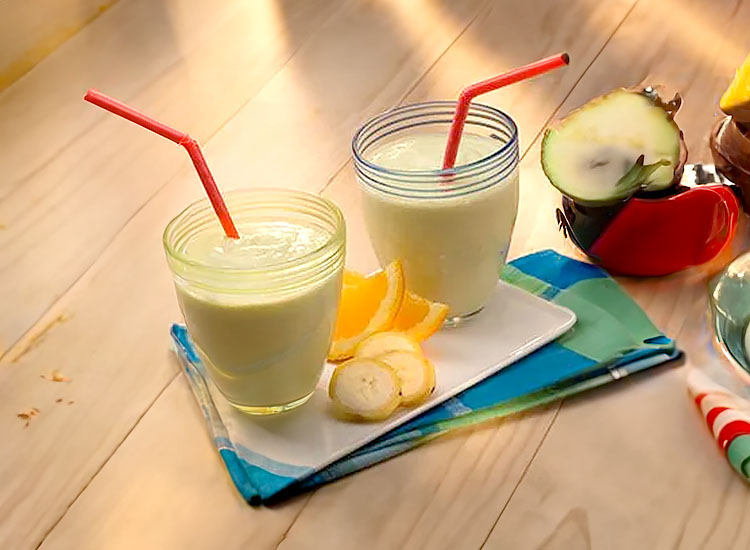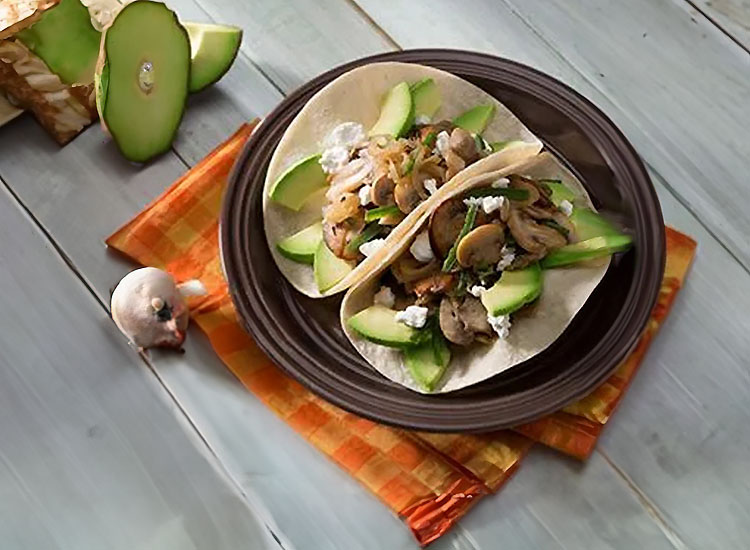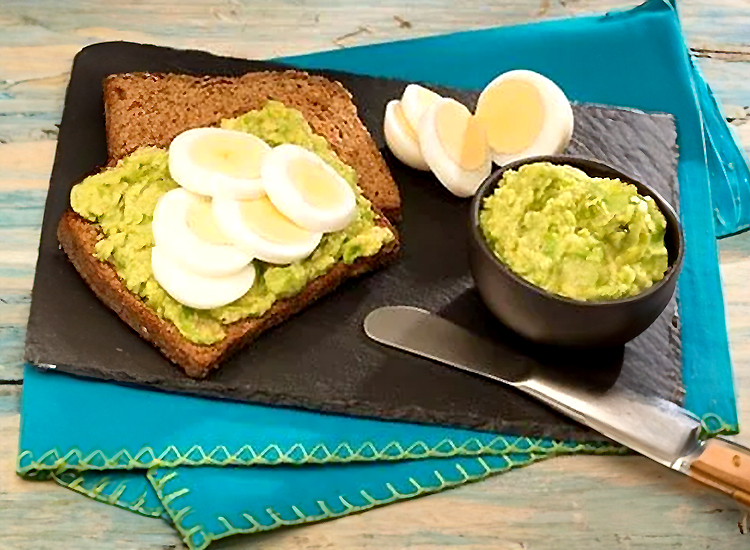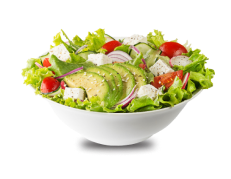How Avocado Benefits kids
BUILDING GOOD DIETARY HABITS IN KIDS
It’s essential for children to become accustomed to eating a healthy diet from an early age. They need sufficient nutrients to support their growing bodies, and building good dietary habits will serve them well throughout their lives.
The Dietary Guidelines for Americans recommend shifting to healthier food and beverage choices by eating a variety of nutrient-dense foods including:
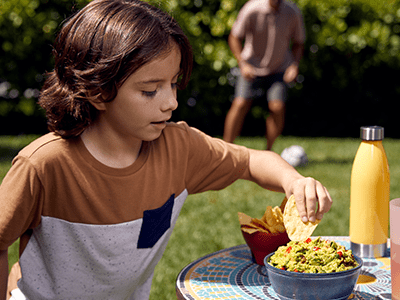
- Dark green, red and orange vegetables
- Beans and peas
- Whole fruits
- Whole grains
- Fat-free or low-fat dairy such as milk and yogurt
- A variety of protein foods such as lean meats, seafood or poultry
- Oils
- Limit calories from added sugars and saturated fats.
- Reduce sodium intake.
Many food items high in salt and sugar and low in nutrients are marketed toward children. Kids who eat such foods are likely to develop a preference for them and will tend to keep eating these types of food well into adulthood.
This adverse habit can lead to nutrient deficiency and may increase the likelihood of developing diet-related illnesses.
On the other hand, children who are used to eating a healthy diet with plenty of fruit and vegetables from the start are more likely to continue these healthy eating habits into adulthood.
It doesn’t have to be a chore to make healthy foods for kids that they will eat. The easiest way to get your kids to enjoy fresh fruit and vegetables and develop a healthy diet is to introduce them to these foods as early as possible.
BALANCED DIET
AVOCADO BENEFITS FOR INFANTS
Good nutrition during infancy is vital to ensure healthy growth and brain development. Infant nutrition starts in the womb, so pregnant mothers should eat a healthy diet to bolster their health during pregnancy while providing nutrition to the growing baby.
In particular, it’s important to eat enough good unsaturated fat, which is known to be critical for normal growth and development of the baby’s central nervous system and brain. Fats help absorption of the vitamins needed for the baby’s development and help build a healthy brain. In fact, the human brain is nearly 60% fat, so it’s essential to ensure you’re eating enough of it when you’re growing a new human! The good news is avocados are a natural source of unsaturated fat, providing 6 g per 50 g serving (one-third of a medium avocado).

and pregnant women should consume 400 mcg of folic acid every day in the first trimester. Folate is necessary for proper brain function. Consuming adequate folate/folic acid levels may reduce the risk of premature births and congenital abnormalities. A benefit of consuming healthy avocados is that they provide 10% of the Daily Value (DV) of folate per 50 g serving.

he or she won’t need anything but breast milk or formula for the first six months of life. If breastfeeding, it’s essential to follow a healthy diet. When it comes to weaning time, avocado makes an ideal first food, not only because it is nutrient-dense but also because it’s soft and neutral in flavor. Many babies love avocado’s smooth, creamy texture, and it’s great to introduce it as a sugar-free fruit option.
*Before starting or introducing new foods, parents/caregivers should consult a physician or healthcare provider.
AVOCADO BENEFITS FOR TODDLERS
Once kids reach toddler age, they can become picky about food, so it’s more important than ever to ensure your kids are getting quality nutrition during their first precious years.
Young children are very active and need a lot of calories to keep their energy levels up and to ensure proper growth. Toddler tummies are small and fill up quickly, so it’s best to offer multiple small meals and snacks throughout the day.
As toddlers can be inconsistent about the amount they eat daily, it’s crucial to provide nutrient-dense foods, such as avocados, so that when they do eat, you can be sure they’re getting some goodness — not empty calories — into their bodies.
Avocados are sodium-, sugar-, and cholesterol-free and are a good source of five essential nutrients for toddlers ages 1–3: fiber, Vitamin C, magnesium, folate, and Vitamin K. These important nutrients support normal growth, bone health, and the immune system. In total, avocados contribute nearly 20 nutrients to a toddler’s diet, including:
Vitamin C
5% DV of Vitamin C for toddlers ages 1-3, an antioxidant that promotes healing and aids in iron absorption. Getting antioxidants through healthy foods like avocados rather than supplements is recommended.
Vitamin B6
Vitamin B6 and pantothenic acid, which are two B vitamins essential to a toddler’s diet.
Good fats
specifically 2.5 g of monounsaturated fat and 0.5 g of polyunsaturated fat per 25 g serving.
*Before starting or introducing new foods, parents/caregivers should consult a physician or healthcare provider
AVOCADO BENEFITS FOR OLDER CHILDREN
It’s important for kids to maintain healthy eating habits as they grow. It’s not always easy to control your children’s diet as they get older, but you can encourage kids to eat healthy by buying and preparing healthy food.
Avocados offer many nutritional benefits, contributing nearly 20 vitamins and minerals that growing children need. They’re a source of naturally good fats, which help the body absorb fat-soluble nutrients without raising LDL (“bad”) cholesterol levels. Plus, being sugar-free is also a huge bonus, as eating too much sugar in childhood can damage teeth and cause excessive weight gain, which may lead to obesity in adulthood.
Some fun and easy recipes
For kids
Cooking Videos for Kids








about Avocado Nutrition for Toddlers:
Avocados are naturally sugar-free and nutrient-dense, and a 25 g portion of avocado contains 2 g of dietary fiber, which is 14% of the recommended daily intake for children ages 1–3. If you’re wondering how to make your child’s diet healthier, adding avocados is the perfect start.
Yes, they can! Avocados can be one of the first fresh fruits that your baby enjoys. Why? Thanks to its creamy texture and smooth consistency, your baby can easily consume an avocado. The lack of sugar encourages healthy eating habits in your child from the early feeding stages, making it the perfect way to vary and diversify your baby’s diet.
*Before starting or introducing new foods, parents/caregivers should consult a physician or healthcare provider

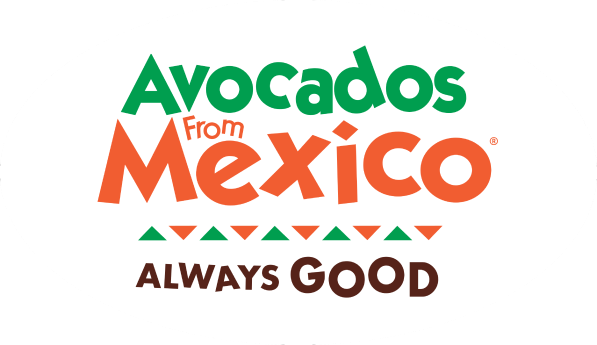
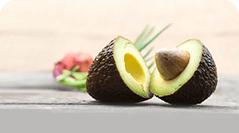
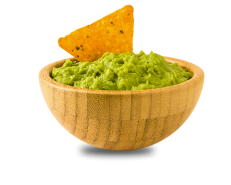 Guacamole
Guacamole
 Burgers & Sandwiches
Burgers & Sandwiches 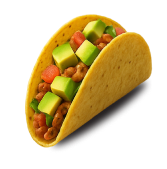 Tacos & Burritos
Tacos & Burritos 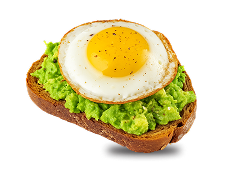 Avocado Toast
Avocado Toast  Breakfast
Breakfast
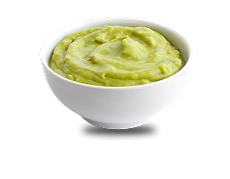 Sauces & Spreads
Sauces & Spreads 
